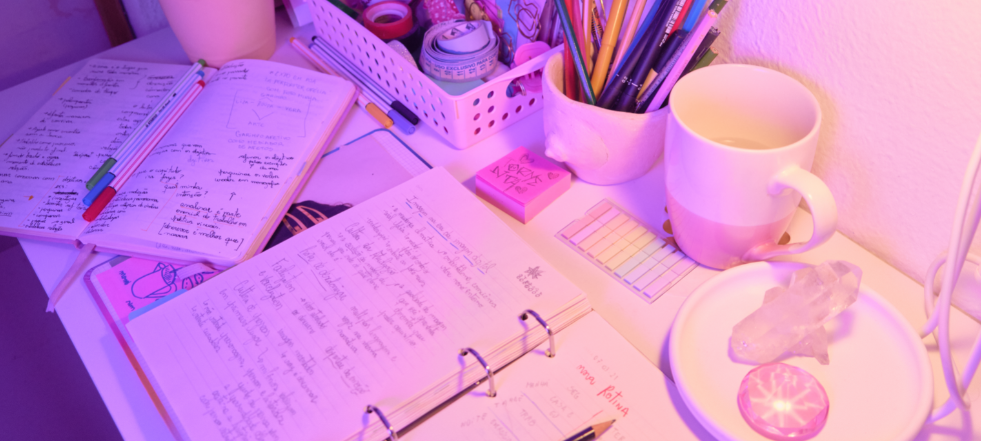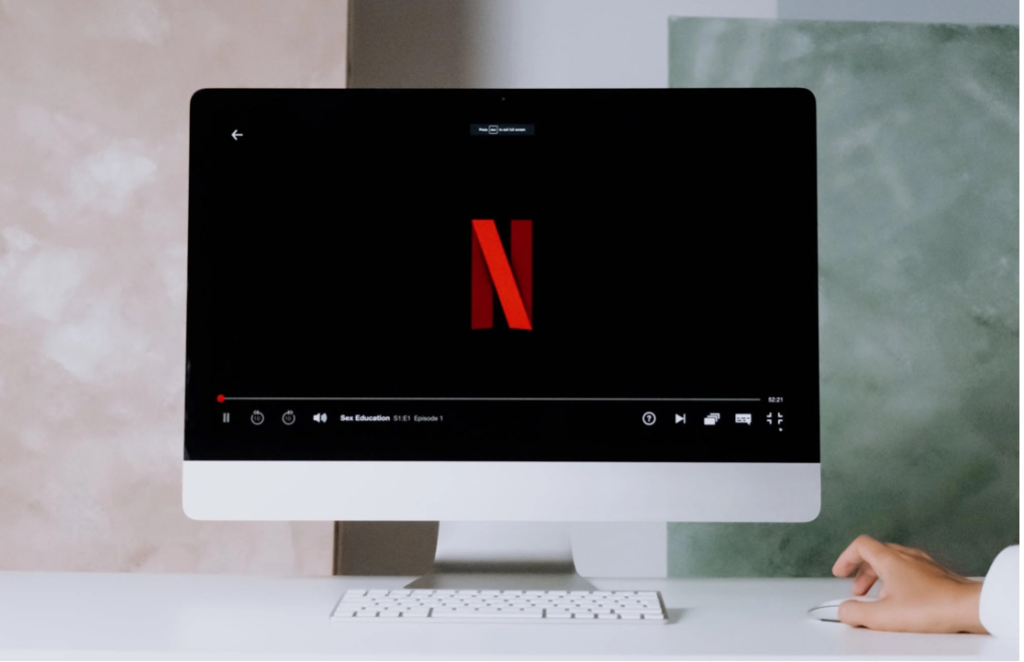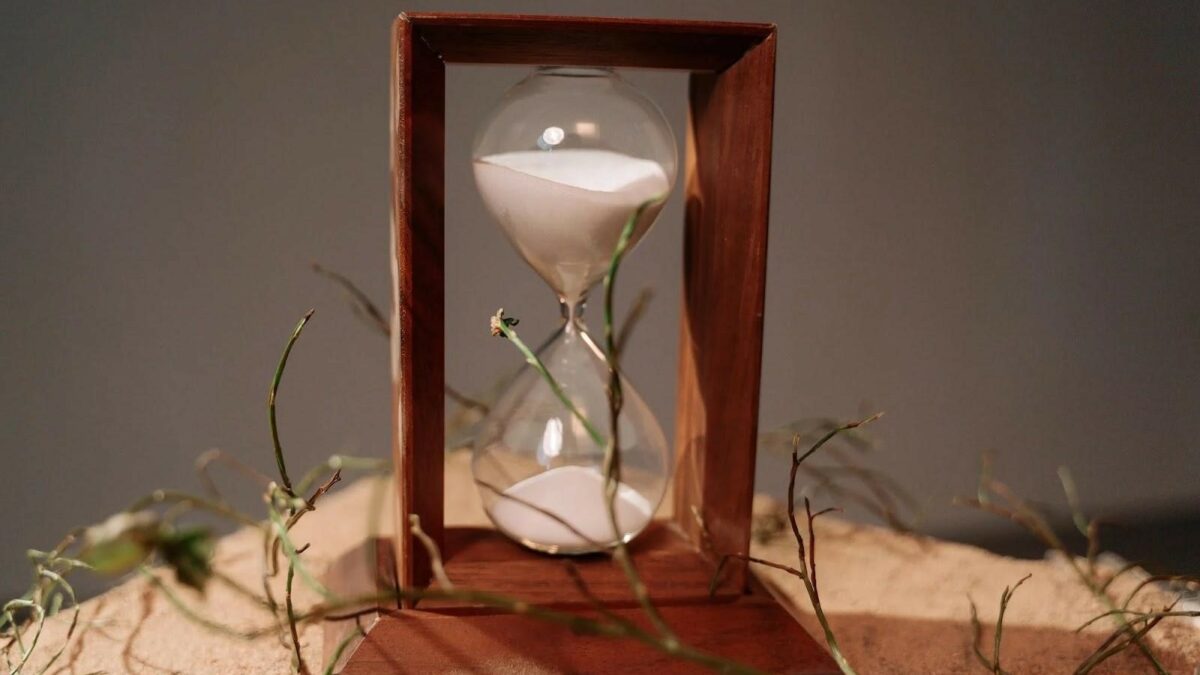You would like to know how long it will take you to learn French? Depending on the level you are aiming for, it will take you more or less time. But are we talking about a few weeks, a few months or several years? We have the answer to your question!
How many hours are needed to get past the various levels?
“France Education International” offers an estimation of the hours needed to get from one level to another. Please note: these hours are given on an indicative basis. The course duration also depends on your personal situation: the amount of time you speak French outside the classroom, how close French is to your mother tongue, your ability to learn new languages…
How long does it take to learn French if it is close to your mother tongue?
If your language is close to French, or if you are in contact with French and French speakers, learning French can be quite quick. This means that, if you want to have a basic level, you will need about 480 hours. To give you an idea, it takes about 24 weeks. You would need to study 6 months if you are on a 20 hour weekly basis.
For the record, the basic level is equivalent to B1 level of the CEFR. At this level you are already able to:
- describe an event, an experience, a dream
- talk about a hope, a goal, a project;
- give your opinion and explain it with arguments;
- express your feelings;
- give your agreement or disagreement and explain why;
- understand the main events of the news (newspaper article, television news, radio program);
- make suggestions, assumptions, give advice;
- convince someone;
- be able to manage unexpected situations in everyday life or when travelling in the targeted language’s country
- give a presentation or a speech, in a logical order
Of course, these are approximate times which may vary from person to person.
How long does it take to learn French if it is NOT close to your mother tongue?
If your mother tongue is far from French or if French is completely unknown to you, you will need more time.
It is estimated that it takes around 720 learning hours to master the French language in this case. That is about 36 weeks of learning or 8 months on a 20 hour weekly basis (this is an estimation). However, don’t forget that learning in class or with videos and online tutorials is not enough.
According to the FSI (American Foreign Service Institute), there are four groups of languages classified according to their complexity.
The FSI classifies modern languages into four categories, from the easiest to the most difficult to assimilate, according to the time needed to become an advanced speaker:
- Group 1: French, Danish, Dutch, Italian, Norwegian, Portuguese, Romanian, Spanish, Swedish
- Group 2: German, Indonesian, Malay
- Group 3: Armenian, Burmese, Czech, Farsi, Finnish, Greek, Hebrew, Hindi, Russian, Serbo-Croatian
- Group 4: Arabic, Chinese, Japanese, Korean
| Level | Reachable in … learning hours | Cumulative learning hours |
| A1 | 80 à 100 h | 80 à 100 h |
| A2 | + 100 à 120 h | 180 à 200 h |
| B1 | + 150 à 180 h | 350 à 400 h |
| B2 | + 200 à 250 h | 600 à 650 h |
| C1 | + 250 à 300 h | 850 à 900 h |
| C2 | Requires mastering the language with a various number of hours | |
Cumulative hours start from level A1. Again, these times are indicative.
How can you learn French faster?
You now have an idea of how long it takes to learn French with lessons. But there are several ways to speed up your learning of French considerably in addition to classes.
Study regularly
Regularity is the key to efficient learning. It is better to work for 30 minutes a day than for 2 hours once a week. Do exercises frequently, test your level, and practice at least 10 minutes a day. Don’t miss opportunities to practice.
In practice, we advise you to keep a vocabulary and grammar notebook as a reference for all the concepts you learn. Moreover, handwriting facilitates learning and memorization.
There are lots of other great tools that you can use, such as mind maps, for example. Coogle is the perfect tool for your mind map projects.

Immersion and practice: think about travelling
Immersion and practice are the golden rules for fast, effective learning in addition to your classes. Moreover, practice can take several forms: distance learning with online platforms that can recreate an immersive French-speaking context, learning through online exchanges, travelling…
Do not hesitate to consult sites such as Français Facile, which is totally free, with corrected online exercises.
Learning in immersion has considerable advantages:
1 – The acquisition of the language is more natural, in daily contact with the local people you meet.
2 – Your concentration is strengthened, you will encounter many different situations in the course of a day, but also situations that will be repeated on a daily basis. Perfect for remembering what you have learned.
3 – Curiosity is a must during a language trip. You will develop your open-mindedness, and you will be able to confront more and more complex situations. Go on an adventure and talk to local people. Isolation doesn’t last long.
4 – Being open to different cultures is essential. Different people, different social, cultural and political codes will have a direct impact on your language immersion stay.
Learning on your own
Do you want to learn French on you own? It is now possible and even easy to do so on the internet! But how long does it take to learn French on your own? The answer depends largely on the regularity you provide and the tools you use. We will therefore give you all the essential advice for effective independent learning.
Read documents and listen to the radio in French
Practice and immersion are keys to a good independent learning. Start to get used to French spelling and syntax by reading as much French literature as you can. You can also design your own books and why not publish them online and share them with your friends. For this, we invite you to go to Book Creator, a very complete and totally interactive website.
Keep being proactive on your listening skills by going on websites like RFI, which offers audio, which offers audio exercises with their correction or even mock French tests like DELF. To prepare for the TCF exams and find out your level, the TV5 Monde website can be very useful.
Watch French news and series
Even if you are passive, watching series in French is a very efficient way to get used to the language easily and quickly. Furthermore, don’t hesitate to watch or read the news that interest you in French. Many channels offer free replay, but you can also watch your favourite shows on YouTube or Netflix.

Chat in French
Twitter, Instagram, Facebook… there is no shortage of applications to practice your French. You can comment, post, publish a story… all options are possible.
Don’t forget dating apps like Tinder, for example, where you can not only practice your French, but also meet interesting people and why not, THE love of your life.
Videos and tutorials
Thanks to YouTube, you can find hundreds of online lessons and tutorials for each level. There are sets of 3-minute-long classes available on TikTok to work at your own pace.
We recommend the “Podcast Français Facile” channel (Easy French Podcast) which regularly shares useful and pedagogical contents to learn French.
To sum up
- Learning French can be done in class, at a distance and in immersion.
- There are many free supplements available online.
- Regularity is essential. To learn French, or any other language for that matter, you need to study daily, even if it’s only for 10-15 minutes a day.
- French is not as difficult as people think and, according to US statistics, it is not one of the most complicated languages.
- You don’t have to learn for very long to be able to express yourself quickly, simply and clearly.
- The time it takes to master French varies from person to person, but if you are regular in your learning and if you do personal work at home in addition to your lessons (reading in French, listening to podcasts, doing exercises on an app…), you can reach a B1 level in only a few months.
So, are you ready to learn French? Do you have a professional goal? Do you want to live in France? Integration needs? Come and visit us at Europass French Language School.

